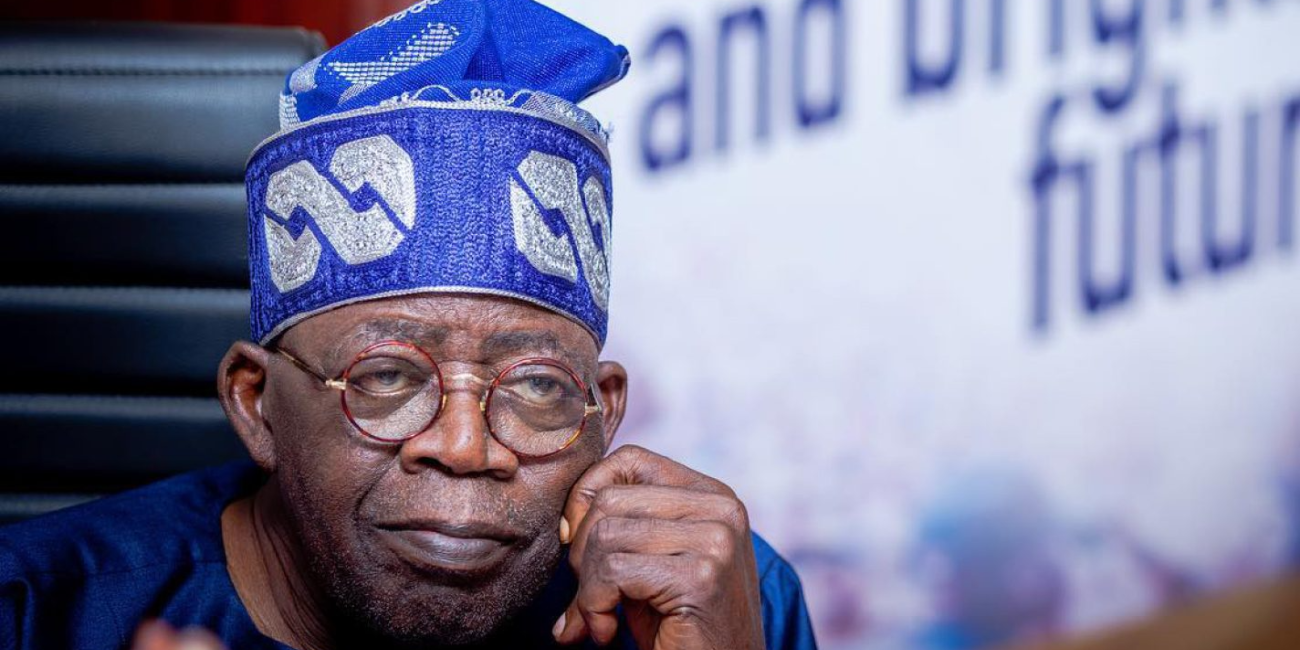On August 9, 2024, President Bola Ahmed Tinubu inaugurated a tax committee with mandate to raise revenue because his government inherited a ‘bad gover
On August 9, 2024, President Bola Ahmed Tinubu inaugurated a tax committee with mandate to raise revenue because his government inherited a ‘bad government’ and he will not continue with the cycle of debt.
About 17 days later, Tinubu’s Minister of Finance and Coordinating Minister of the Economy, Wale Edun, also emphasised the President’s position on loans at the Federal Executive Council (FEC) meeting held on August 28, 2023.
He said, “The federal government is not in a position to borrow at this time. Rather, the emphasis has to be on creating a stable, macroeconomic environment, stable inflation, stable exchange rate, an environment within which people can come and invest and thereby increase production and further grow the economy.
“So that is the plan. That is the expectation, and it is that there will not be a reliance on borrowing.”
Tinubu was inaugurated on May 29, 2023. The total public debt as of June 30 was N87.37tn or $113.42bn. In September 2023, the debts were N87.91tn or $114.35bn, according to data from the Debt Management Office.
By December, the country’s debt profile grew to N97.34tn or $108.22bn. The growth in the naira value of the debt was driven by the naira devaluation which drove exchange rate from N 768.76 in June 2023 to N899.39 in December.
However, data showed that the FG took $1.95bn loan from World Bank. The loans were $700m for education, $750m for power and $500m for women empowerment.
At close of Nigeria’s activities at the World Bank/International Monetary Fund Spring meeting in Washington DC, the United States, Edun announced that the administration is expecting a fresh $2.2bn single-digit interest loan from the World Bank.
He said another budget support facility is expected to be disbursed by the African Development Bank (AfDB).
“We have qualified for the processing just this week to the Board of Directors of the World Bank of a total package of $2.25bn of what you can call ‘the closest you can get to a free lunch’; virtually a grant. It’s for about 10 to 20 years moratorium and about one per cent interest,” Edun said, adding “In addition, there is a similar budgetary support – low-interest funding – from the African Development Bank (AfDB).”
The Economist and Senior Partner at SPM Professionals, Paul Alaje said the government inherited a poor economy and they are going for the easiest way out like subsidy removal and taking loans. Nigeria can raise up to N40tn for federal government and something close within the state government. But the question is, are we ready to generate this money. This does not mean we are raising taxes or making life relatively inconvenience for people to live,” Alaje said.
He said the government should focus on blocking revenue leakages within the economy.
Alaje said, “The challenge is that we seem not to have the capacity to block those leakages. On the second part, we have a lot of mineral resources,” adding “If we don’t get our mining sector right, the truth is that we will still complain no matter what government does with crude oil because that revenue is not sufficient for our government and also for reserves to help us.”
Alaje said mineral resources are leaving the country in commercial quantity adding it is important for the government to “audit some of these points” so that the government will not have to borrow.
Alaje insisted that revenue generation is possible. The expert argued that the government can generate between N7 trillion to N8 trillion from the telecommunication sector.
“We can generate between N7tn to N8tn more than what we are doing today,” he added.
